Think about your recent experiences with customer service representatives. What was the reason you continued or stopped being a client or partner with that organization? Relationships in human resources are similar, and employees in these departments should be dedicated to providing quality services to employees.
Human resources representatives – the first contact with the organization
Human resources representatives are the first people that potential job candidates have contact with. If you are responsible for the recruitment process, you are the person based on whom candidates build an opinion about the organization where they want to work.
If you are unkind and rude to the candidate, the damage doesn’t go to their account — but to your organization’s account. Bad reputation spreads quickly through the business community, social media, and the groups in which the candidate moves. There is a risk of losing a good candidate if you don’t personally leave a positive impression — just like a company that doesn’t provide good customer service.
What happens on the first day of work?
The human resources representative’s job is to provide all necessary documentation from a legal point of view, but also according to the internal policies and procedures of the organization. They should be provided with guidelines, training, and all resources needed for successful completion of work tasks.
If you are not prepared to dedicate your day to new hires, you may miss the opportunity to turn them into employees who achieve excellent results.
Understanding needs and listening to the “client”
Another important thing that human resources representatives should keep in mind are the needs of your “clients.” It is especially important to be good listeners.
When there is a problem – how do you react?
What if your employee has a problem with their payroll calculation? If you appear nervous or irritated, this behavior can negatively affect the employee’s morale. They get the impression that the organization doesn’t care about them, because you are its representative.
Even worse is to discourage the employee from reporting a serious problem, such as unethical behavior or harassment. Keeping in mind the possible consequences and damaged reputation that may result, the determination for exceptional service to the “internal client” should be an imperative for all HR representatives.
The CARES acronym
- C – Courtesy
- A – Attentive
- R – Responsive
- E – Empathetic
- S – Solution Oriented
Always remember that your client is the employee. Respond promptly, answer emails, be smiling, listen actively, and ask if they need anything else before you end the meeting. Don’t promise too much, but provide exceptional service.
How to handle upset employees
Just as in customer care, difficult situations also exist in HR. Working with an upset employee can be unpleasant and exhausting, but the most important thing is to remain calm and breathe deeply.
While you maintain self-control, the employee’s tone and behavior will most often calm down. Allow them to “vent” — everyone needs to be heard. Even if you think you know the story, listen to the end. Then, collaborate on solving the problem. Show empathy, paraphrase, nod your head, and take notes. Finally, solve the problem or report on progress if more time is needed.
Even better — encourage the employee themselves to solve the problem.
Measure satisfaction and improve
Just as companies conduct customer satisfaction surveys, the human resources department can also introduce internal surveys to measure employee satisfaction and improve service where needed.
Every human resources representative should keep in mind that as the first point of contact in the organization, they have the opportunity to make a real difference in an employee’s career — through top-notch service from the first day of work all the way to the last day in the organization.





